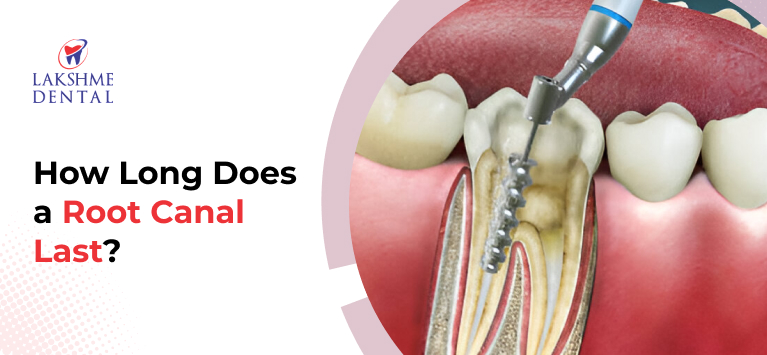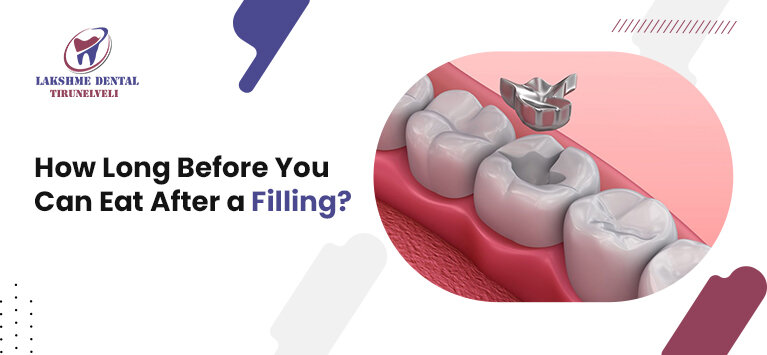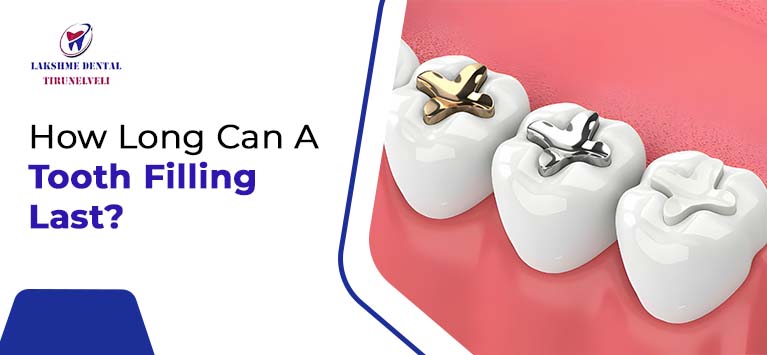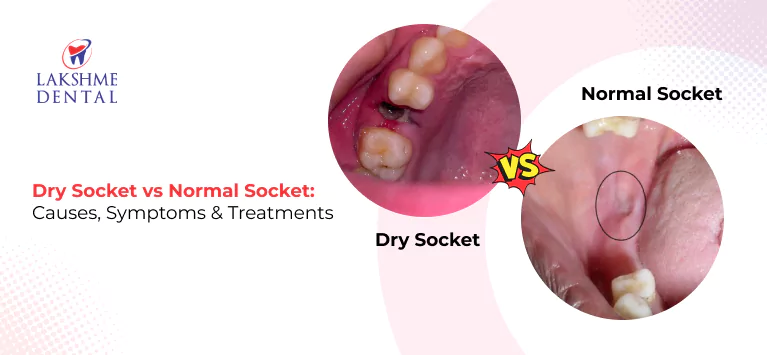
How Long Does a Root Canal Procedure Last?
Key Facts
- Typical lifespan: A well-restored root canal can last 10–15 years or longer with good oral care.
- Crown = durability: A full-coverage crown helps prevent cracks and extends the tooth’s service life especially for molars.
- Without a crown: Front teeth may cope for a while; molars face higher fracture risk and earlier failure.
- Timing matters: Delaying the crown after treatment increases the chance of breakage and retreatment.
- Risk drivers: Heavy bite forces, teeth grinding, large fillings, and poor hygiene reduce longevity.
- Care checklist: Daily brushing/flossing, routine cleanings, avoid chewing hard objects, consider a night guard if you grind.
- Watch for issues: Persistent pain, swelling, or discoloration may signal problems, contact your dentist promptly.
- Goal: Preserve your natural tooth safely and comfortably for the long term.
If you’ve had or are considering a root canal, one of the first questions that comes to mind is: how long will it last? Root canal treatment is designed to save a tooth by removing infected pulp, but its longevity depends on several factors, especially whether or not a crown is placed afterward.
What is a root canal and why is it needed?
A root canal is a restorative procedure that removes infection from the inner tooth and seals it to prevent reinfection. Dentists often recommend it when tooth decay, cracks, or trauma reach the pulp. With proper care, a root canal can help you keep your natural tooth for many years.
How long does a root canal last on average?
On average, a root canal treatment can last 10 to 15 years or longer with the right care. In some cases, treated teeth remain healthy for life.
Key factors that influence lifespan include:
- Tooth location (molars endure more pressure than front teeth).
- Oral hygiene habits.
- The speed and quality of the restoration placed after treatment.
How long does a root canal last without a crown?
This is one of the most common patient concerns. The answer: not as long.
- With a crown: The tooth is reinforced and protected from cracks or fractures, often extending longevity to a decade or more.
- Without a crown: The tooth becomes vulnerable and more likely to fracture. Front teeth may last several years since they experience less biting force, but molars may fail within months to a few years.
In most cases, dentists strongly advise placing a crown to protect your natural teeth. Without it, the biting pressure on molars can cause fractures, expose the root canal fillings, increase the risk of reinfection, and eventually lead to tooth loss.
Signs a root canal may be failing
It’s important to watch for red flags, such as:
- Persistent pain or sensitivity.
- Swelling around the gums.
- Tooth discoloration.
- Recurring infection or abscess.
If you notice these symptoms, see your dentist to avoid further complications.
How to make your root canal last longer?
- Get a crown placed as recommended.
- Maintain daily brushing and flossing.
- Avoid chewing ice or hard foods.
- Keep up with routine checkups and cleanings.
These habits not only protect your treated tooth but also support your overall oral health.
Final Takeaway
A root canal is one of the best ways to preserve your natural tooth, but its lifespan depends heavily on whether you reinforce it with a crown. Delaying or avoiding a crown can significantly reduce the long-term success of the treatment.
If you’ve had a root canal or suspect you may need one, consult your dentist to protect your smile for years to come. If you have queries you can call for a consultation.
Frequently Asked Questions
Yes, with a crown and excellent oral care, some root canals last a lifetime.
Not always, but it is highly recommended for molars and premolars.
Delaying increases the risk of tooth fracture, reinfection, or treatment failure.








